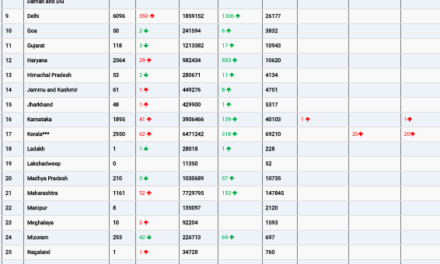A groundbreaking study co-designed by Aboriginal women has demonstrated remarkable success in reversing type 2 diabetes, with 30% of participants achieving remission. The research, which utilized Shared Medical Appointments, continuous glucose monitoring, and a culturally relevant food program, has significantly improved self-management and glycemic control among First Nation women in Australia.
The initiative, led by the South Coast Women’s Health and Wellbeing Aboriginal Corporation (Waminda) in collaboration with Southern Cross University and the Australasian Society of Lifestyle Medicine, is the first of its kind in the country. The study was recently published in the American Journal of Lifestyle Medicine.
A Culturally Tailored Approach to Diabetes Management
The study integrated culturally responsive activities, including food appreciation sessions tailored for the First Nations people of the Yuin Nation in South Coast NSW. This approach empowered participants by providing them with the tools, knowledge, and motivation to manage and, in some cases, reverse their diabetes.
Lead investigator and Southern Cross University lecturer, Associate Professor John Stevens, shared that out of 25 women who had been living with diabetes for over a decade, seven women achieved complete remission for at least 12 months, while 18 women saw a significant reduction in blood sugar levels.
“These women were empowered to make decisions about their health, which led to high engagement and remarkable success,” Professor Stevens said. “The program incorporated the Shared Medical Appointment process, where a general practitioner acted as a member of the group, contributing expertise while encouraging self-management and behavioral changes.”
The study reported statistically significant improvements in weight, systolic blood pressure, liver enzymes, blood glucose time-in-range, and diabetes self-management scores.
Shared Medical Appointments: A Transformative Model
Southern Cross University is pioneering the Shared Medical Appointments (SMAs) approach in Australia. The format brings together small groups of individuals with similar health concerns to discuss beneficial lifestyle changes with healthcare professionals.
Hayley Longbottom, Waminda’s Chief Executive Officer and co-author, highlighted how this model provided Aboriginal women with the tools to take control of their health outcomes.
“The combination of Continuous Glucose Monitoring and personalized health coaching allowed these women to gain deeper insight into their bodies and health. This support, facilitated by Aboriginal Health Practitioners, has led to long-term improvements,” Longbottom said.
Participants expressed appreciation for the SMA model, with some stating, “Shared Medical Appointments are how Aboriginal people have always done health care … and so now we are keen to re-engage with services that we had been avoiding.”
A Promising Future for Diabetes Care
Professor Stevens emphasized that this study represents a significant advancement in addressing the disproportionate burden of type 2 diabetes on First Nation communities in Australia and globally. The innovative approach offers a scalable and culturally appropriate model for diabetes care, with promising implications for public health policy.
For more information, the full study can be accessed in the American Journal of Lifestyle Medicine: John Stevens et al., Continuous Glucose Monitors and Programmed Shared Medical Appointments in Managing Type 2 Diabetes Mellitus Among First Nation Women in Australia: A Co-Designed Feasibility Study (2025). DOI: 10.1177/15598276241312084
Disclaimer: This article is for informational purposes only and does not constitute medical advice. Individuals should consult with a healthcare professional before making any changes to their health management plans.












